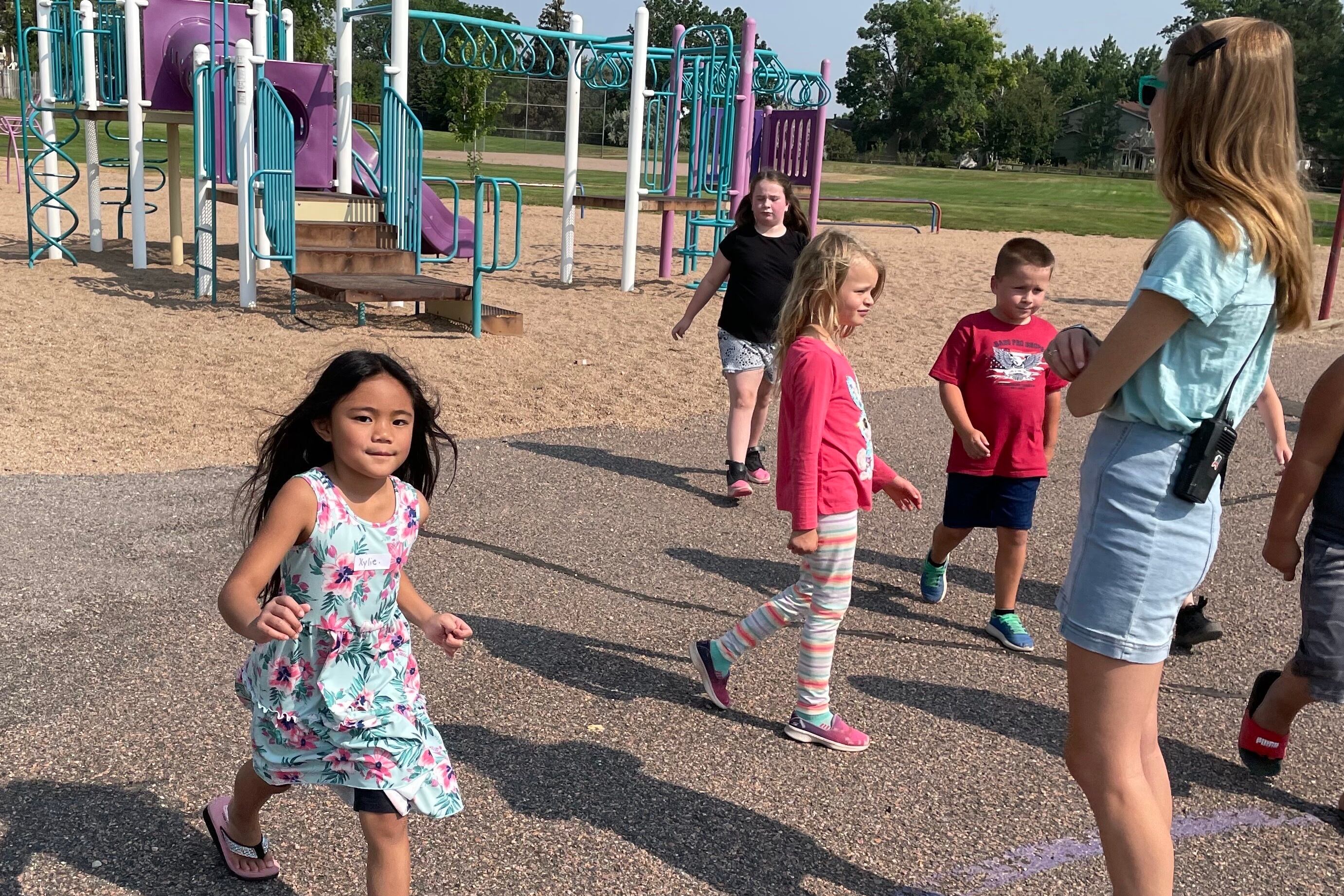Thousands of Jeffco students participating in expanded summer programs this year made significant academic improvements, according to a new district analysis.
Pouring resources into recovering from a year of pandemic-disrupted learning was one of the first projects Superintendent Tracy Dorland worked on after she took the helm of the 80,000-student district in April.
The district asked every middle and high school to pick from a handful of programs to offer, including some focused on credit recovery and another aimed at helping students transitioning grade levels. A few schools had problems getting enough students to enroll, but data reported Thursday showed the district recorded 8,539 enrollments. A few students enrolled in multiple programs.
Dan Cohen, chief of schools for secondary, said that about 16% of all middle and high school students enrolled, up from about 2% or 3% that would enroll in a typical year.
“That’s significant,” Cohen said. “I think it’s sometimes easy for us to forget participation is a measure in and of itself.”
The district also reported that in surveys, students were more likely to report that they were ready to start school in the fall, and that they had an adult they trusted to go to with problems after completing the programs. Family surveys were overwhelmingly positive — 97% of families that responded wanted to see their child’s summer program offered again.
An analysis done in part by a consultant showed that many students made academic gains.
In one program called Jeffco Summer of Early Learning, or JSEL, participating kindergarten through third-grade students showed marked improvement: The number of students who scored at or above benchmarks on district tests jumped 6 percentage points from spring to fall.
The six-week program, which focuses on literacy skills, has been around for years. It’s usually paid for by state dollars allocated to reading improvements, as well as donations from the Jeffco Schools Foundation. This summer, the district tapped federal COVID relief dollars to create space for double the number of students in those programs.
Across all programs, the data showed increases of students scoring at or above benchmark, as well as decreases in the below benchmark level.
“It may not look like a big change, but we’re talking about a performance level so that is a fairly substantial change,” said Carol Eaton, Jeffco’s executive director of instructional data services.
One concerning outcome: Among these young students, the same tests showed there were more in the fall who ended up in the lowest “well below” performance level than in the spring.
“We need to dig into those results a little bit more to understand why a student would go into well below after a summer school program,” Eaton said. “Some of that may be attendance. That’s one of our questions: Were those students attending the summer school program consistently?”
Older students showed significant improvement in math. Among the students who participated in the district’s summer programs, the percentage who were above average in math increased by 3 percentage points in the fall, and the number below average decreased by the same margin.
Eaton also pointed out that students typically lose some learning during the summer, so data showing performance stayed the same is also a win.
School board members called the expansion a success, especially given their concerns going in that teachers, students, and families might be burned out and not interested in summer programming. They had asked everyone in the district to help promote the offerings, and Board President Susan Harmon described the report Thursday as proof that it worked.
The district is considering using relief dollars again for expanded programs next summer.
School board member Stephanie Schooley warned that while relief dollars are great, it eventually will be up to the district to find a way to fund what works.
“These are things we will need to create sustainability for in the budget if we think that they work,” Schooley said.





